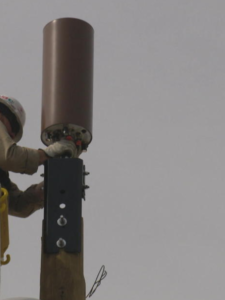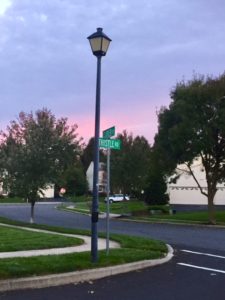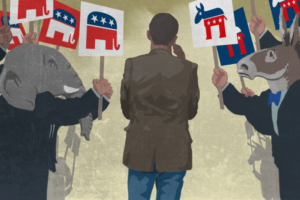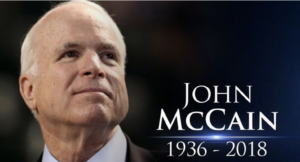Last night (Monday night) was the 2nd budget workshop. The 2019 document proposes once again no tax increase (We have the lowest taxes of any suburban community in the Valley). It includes more money for preservation initiatives and continues to address our infrastructure.
You can view the 2019 proposed budget here.
Two convo’s generated interesting discussion:
First, in reviewing the Sewer Budget we discussed at length the I&I (underground infrastructure repair) item. A complicated matter since it’s required by a federal mandate enacted a few years ago. A bit frustrating since Lower Mac has been ahead with our repairs to our system. Last year when faced with the unfunded mandate pushing us beyond a regular schedule of repairs we slightly raised the sewer rate. Now, since the mandate has changed (been a moving target) we discussed reducing the rate to correspond. Note that our sewer rate is already among the lowest. However, I believe that fees for specific services like sewers should correspond directly to expenditures. We raised it for a purpose and if the plan has changed we should adjust. Digging deeper before the next BOC meeting.
Next, we have a well thought out 5-year capital plan for parks. Last night, however, we removed an item to spend 60k on a park pavilion at the new Camp Olympic playground. The problem was the cost. Really it’s a large gazebo. No doubt very nice, but the price tag was shocking. The cost for local government to do relatively simple projects never ceases to amaze me. I could not see supporting it at the price presented. I’ve let the Parks Director know I’d consider supporting the project next year if the price is significantly reduced. This has to do with the state’s inability to address an antiquated prevailing wage law that hasn’t been updated in 40 years driving up the cost of park projects for local municipalities. Excessive outside agency permitting also. In the private sector, I’m confident the price for the same gazebo would be half or even less.








